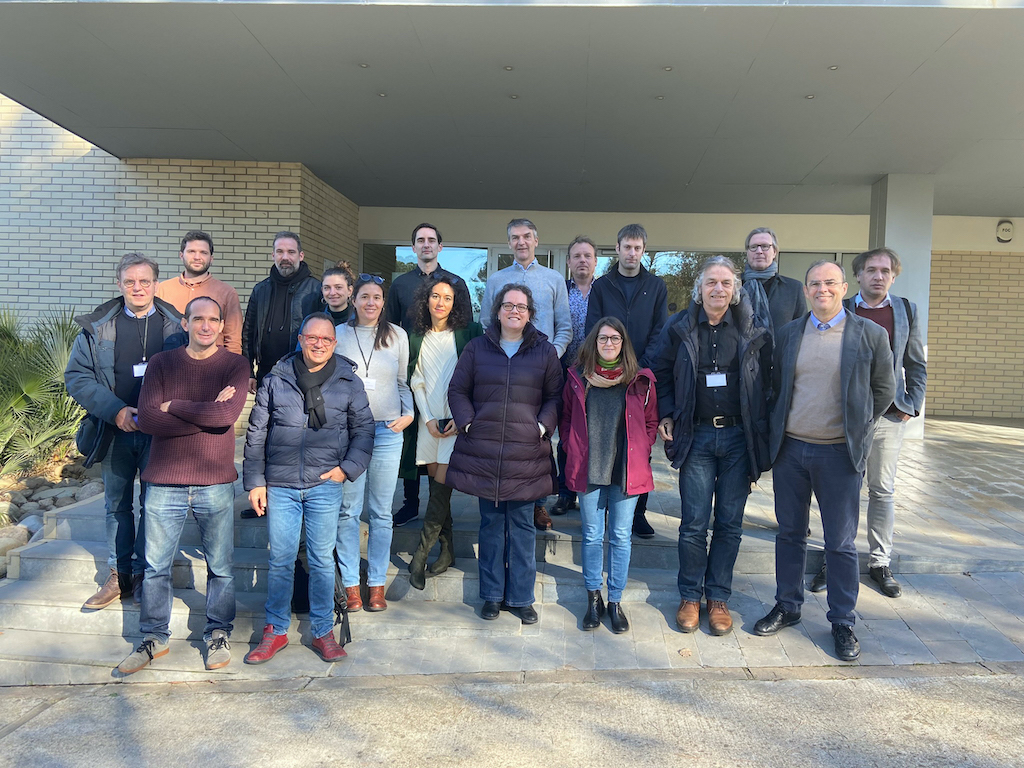
Enhancing the technology and behaviour of energy communities to beome more efficient and effective.
Energy production, health and climate change are three terms that go hand in hand. According to the World Health Organization, in the last fifty years extreme temperatures, were the cause of more than 140 000 deaths in the European Region, of which 15 000 in Summer 2022 only. The European energy sector, which includes transport, industry, heating and cooling, accounts for almost 72% of greenhouse gas emissions. Therefore, reducing the use of fossil-fuels in this sector, and replacing them with renewable energy resources, would not only slow down climate change, but it would also prevent health emergencies.
In 2019 the ‘Clean Energy for all Europeans Package’ (CEP) was adopted. According to its legislation “active customers/consumers and citizens” and “energy communities” are new market actors in the energy sectors; they are empowered to invest in renewable technologies, and to consume, store or sell the electricity they produce.
Strategies and tOOls for Incentivization and management of flexibility in Energy Communities with distributed Resources (RESCHOOL) is a new EU co-funded project, which unites 16 partners from 7 European countries. RESCHOOL aims to increase the active participation of communities in energy markets, enhancing and facilitating the management and trading of flexibility in cooperation with sectoral players. The partners will develop two types of tools that will increase engagement of citizens in energy communities and the active participation of communities in energy markets; and enhance the energy management capabilities including the interaction with other stakeholders, for example DSOs (Distribution System Operators). These tools will be validated in four pilots spanning Europe (Spain, Greece, the Netherlands, and Sweden). Social tools based on collaboration and gamification (the process of adding game-like elements to a non-game activity, so that people are encouraged to complete tasks or interact), and technological tools, which will facilitate and automate the interaction with third parties in the energy value chain.
Joaquim Melendez, the scientific coordinator of RESCHOOL, confirms that the project will be challenging, since it puts together different stakeholders from the energy transition field, including technological centres, SMEs, citizen organisations, universities, public entities and not-for-profit organisations. These will collaborate to transform how citizens use and interact with energy. “RESCHOOL approaches the challenge of levering the energy communities in the energy value chain by improving both technologies and user behaviour. Thus, two complementary approaches, social sciences and technology, are merged to develop a clear roadmap for making energy communities efficient and economically sustainable” he says.
In January the project kicked-off at the University of Girona, Spain. “The RESCHOOL kick-off meeting has been very exciting – all partners showed enthusiasm in making RESCHOOL great! We set working principles, a clear reference for the creation, growth, and management of energy communities across the EU” states Melendez.
He adds that this enthusiasm motivates him, because not only are the project partners very enthusiastic, but also other stakeholders visited in some pilots have demonstrated interest for the project results and offered their unconditional support and collaboration. “RESCHOOL is an ambitious but realistic project, in which the contribution of all partners and members of the community is valuable. We are in the crossroad of energy transition, and we have the possibility to put our grain of sand to lever the citizen participation and empower them.” he concludes.
You can find additional information about the RESCHOOL project on our website, which launched today!